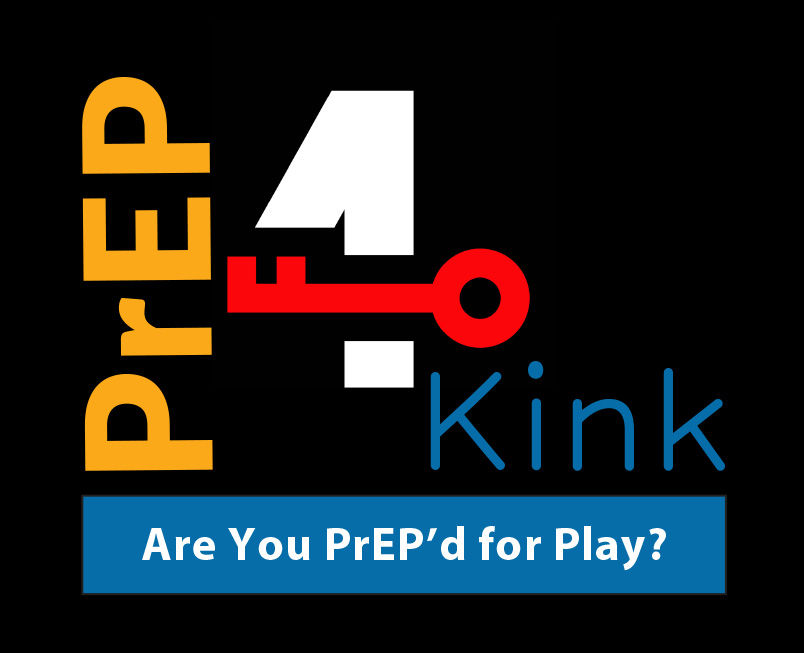Written by Richard Sprott, Research Director
April 2023
Last Fall, TASHRA received a grant from Gilead Sciences, Inc. to investigate HIV prevention in the kink community in the United States. We believe this is the first time that a pharmaceutical company has funded research with the kink community specifically. We call this project PrEP4Kink: Testing the Effects of an Educational Intervention on PrEP Uptake among Kink-Involved Adults.
We received IRB approval for the protocol and we expect to start enrolling participants in the study very soon. Participants will be followed for a year, and receive educational materials about HIV prevention, and be asked questions about their attitudes, beliefs and behavior around HIV prevention.
People who engage in kink behaviors may have higher risk of exposure to HIV through sexual contact. Kink-involved persons have a distinctive profile of erotic behaviors, which include both the number of partners and choice of partners. Persons who are involved in kink are significantly more likely to have 50+ lifetime sexual partners. Persons who have engaged in BDSM in the past year are more likely to have sex with both men and women than non-BDSM participants (BDSM: 21.5% vs non-BDSM: 5.9% in men and 41.6% vs 9.0% in women). They have a higher lifetime prevalence of anal sex (45.1% vs. 21.1% in men and 40.3% vs 16.7% in women), commercial sex (31.6% vs 16.5% in men, not reported for women) and are more likely to have had a non-exclusive relationship in the past year (18.3% vs 5.8% in men, 14.4% vs 3.1% in women), and had group sex (13.4% vs 2.3% in men, 12.6% vs 0.4% in women).
Additionally, most patients do not disclose to healthcare providers out of fear of being judged negatively or rejected because of their sexual practices. Non-disclosure, or concealment of stigmatized characteristics, has been found to lead to more negative health outcomes.
Considering the higher number of sexual partners and some other additional risk factors, the kink population meets many accepted criteria for PrEP. At this point, there is no research on the use of PrEP in HIV prevention in the kink population and there are no HIV prevention efforts directly targeting this population. PrEP4Kink will test the effectiveness of a kink specific, community-based educational intervention on PrEP uptake. Perceived stigma influences individuals’ perception of PrEP] and this community-based educational intervention will attempt to counteract stigma, address perceived risk, and examine how PrEP can be incorporated into a HIV infection prevention and harm reduction campaign.
For more information, you can contact us at [email protected]. This is a confidential email account, to help protect your privacy.

